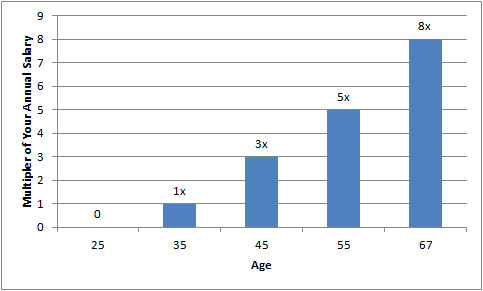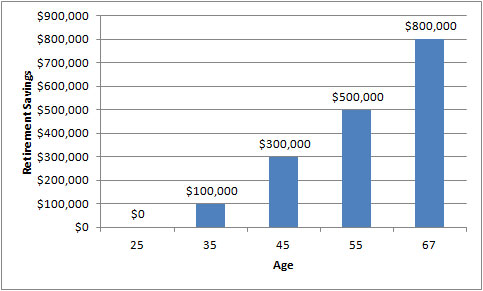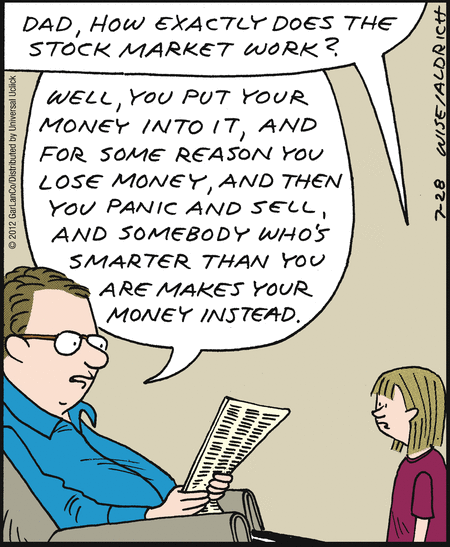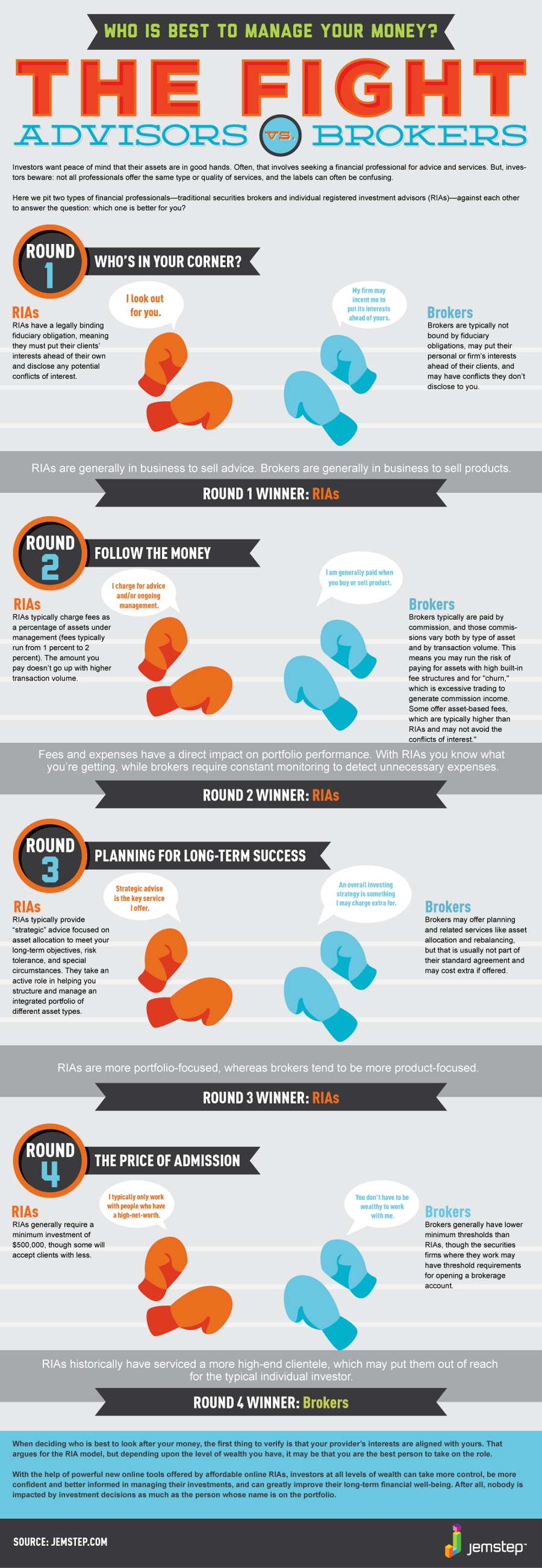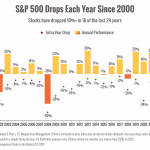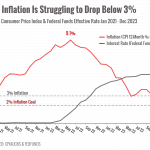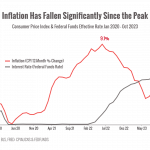Rich Dad, Poor Dad, Bankrupt Dad?
You’ve probably heard of Robert Kiyosaki through his best-selling book series, Rich Dad, Poor Dad. Kiyosaki holds himself out as a self-made wealth guru who is happy to share the secret money-making strategies of the wealthy.
The tactics that he has advocated range from silly to illegal and include things like insider trading, buying multiple real estate properties for no money down, and buying stocks on margin via unfunded brokerage accounts.
And you can add bankruptcy to Kiyosaki’s highly questionable list of strategies. One of Kiyosaki’s businesses, Rich Global LLC, filed for bankruptcy protection in 2012 after it was ordered to pay a $24 million settlement. Kiyosaki will not be putting any of his personal fortune toward the settlement.
There is no evidence that Rich Dad, the man who allegedly imparted all these money-making secrets to Kiyosaki, ever existed. Nor is there any evidence that Kiyosaki amassed any significant wealth before the publication of Rich Dad, Poor Dad in 1997. Nonetheless, Kiyosaki is now reportedly worth $80 million!
In all likelihood, Kiyosaki did not get wealthy using the schemes he pushes in his books, but through proceeds of his book sales and personal appearances. He got wealthy selling the dream and illusion of get-rich-quick schemes.
source: Forbes






